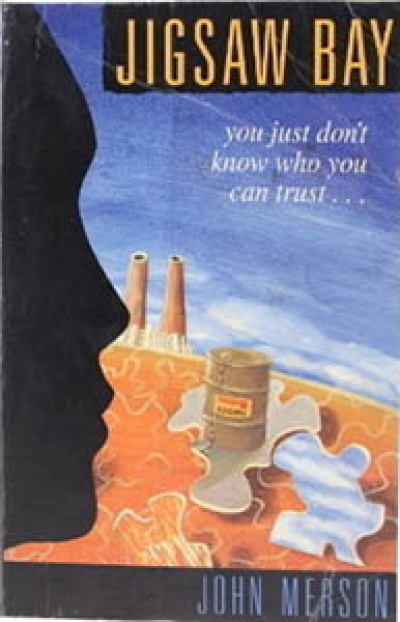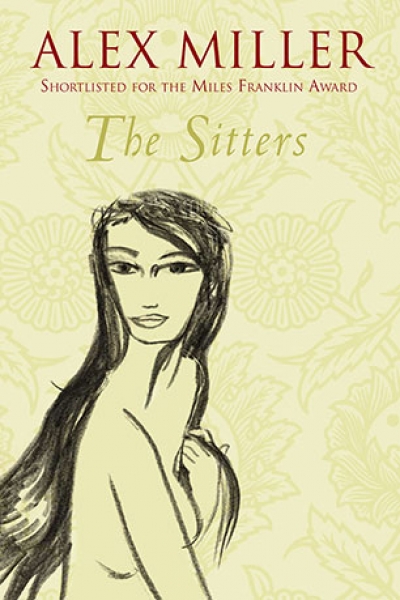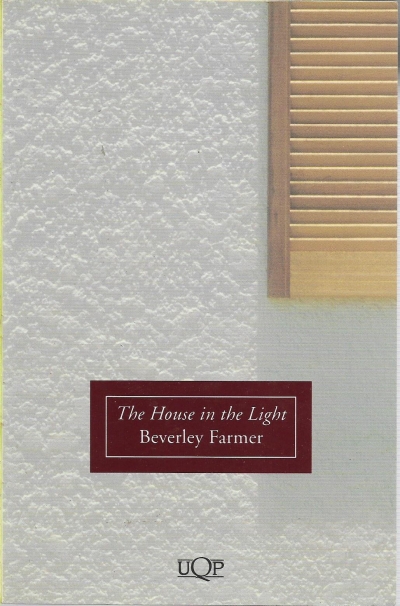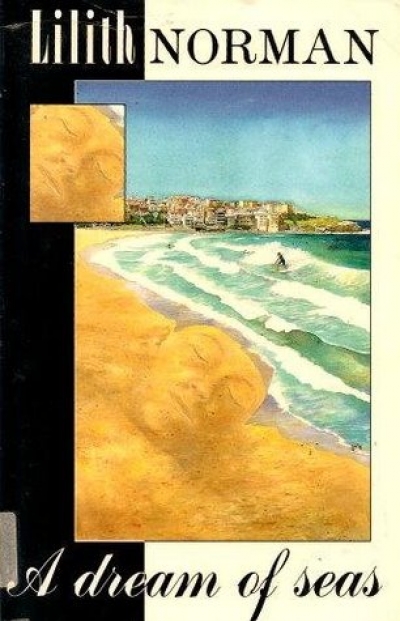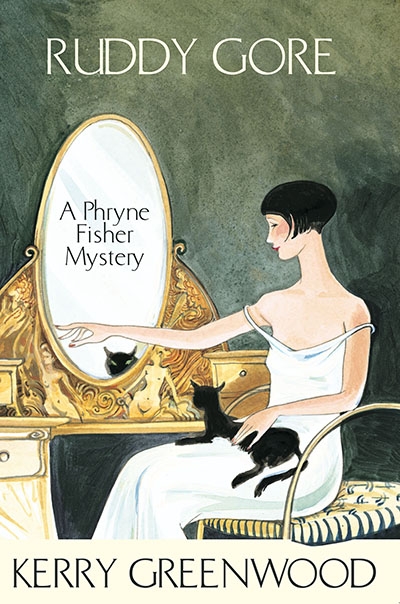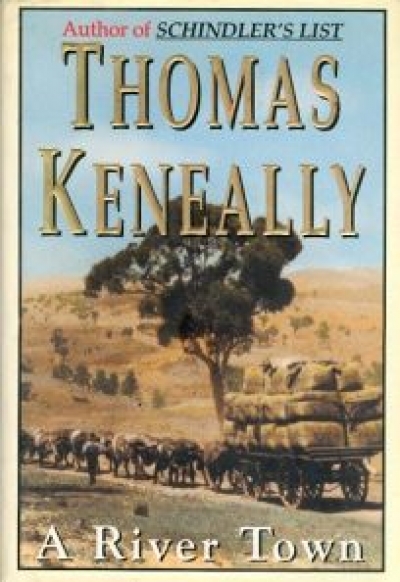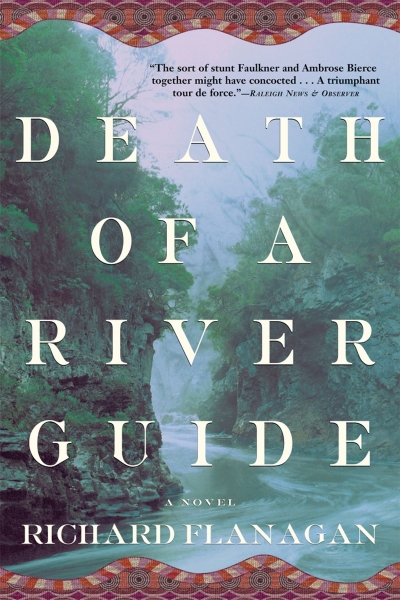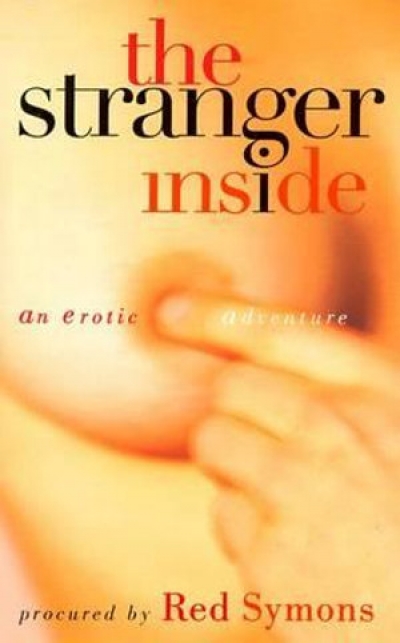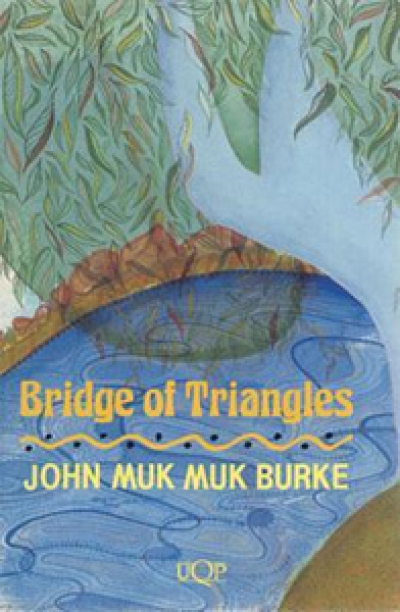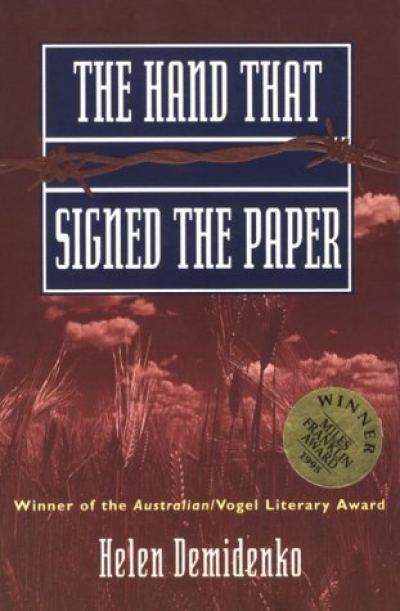Fiction
More than ever books on today’s market have strong competition – particularly so if the title is intended for the 10+ reading audience. Publishers of children’s literature are responding to the need to entice a reading audience from the many technological forms of vivid and spectacular entertainment. Jigsaw Bay deserves a mention in this capacity.
The puzzle of Jigsaw Bay begins on an autumn morning as Danny McCall sets off, not to school, but to a secret place on the bay where he is playing truant with Yoko and Sam who will soon be part of the mystery. The plot is a good action one, strongly based in environmental ecology, corruption, and power. Danny, Yoko, and Sam with the help of greenie school teacher Bob and some slick court room tactics eventually win out and the murky details of corruption in Billington are revealed. The ideas in the plot kept me reading to the end of the book which is intended to attract readers by its directness and lack of complexity. I question, however, whether in an effort to succeed, the author has underestimated his audience and with the very best of intentions has ended up short changing readers.
... (read more)Intimacy, someone has said, is ultimately unintelligible. Yet this novel suggests that intimacy, to the self and to others, may well be all we have. Miller’s three previous novels move in a similar direction. But in them there was a good deal still of the world of the likeness, of the external world as it seems to be. The Sitters, however, is about drawing a portrait of an ‘art of misrepresentation’, which interrupts our historical consciousness and unmasks the pretentions of rationality, taking us out into the dark beyond common sense, touching something else beyond words.
... (read more)Beverley Farmer is one of a group of women writers celebrated in Gillian Whitlock’s collection of excerpts from their work, Eight Voices of the Eighties. Its introduction begins with a remark attributed to Elizabeth Jolley where she calls the 1980s in Australia ‘a moment of glory for the woman writer’. Beverley Farmer’s first novel, Alone, was published in 1980, at the beginning of this period of renaissance and recognition of women’s writing as central to a national literary culture.
... (read more)A Dream of Seas by Lilith Norman & The Secret Beach by Jackie French
Lilith Norman’s exquisite novella was first published in 1978 and was an IBBY Honour Book in 1980. Set in a lovingly realised Bondi, the archetypal seaside suburb, the book packs a huge amount into its seventy-eight pages: life, death, love, grief; a question of focus; and, drawn in spare and beautifully controlled strokes, the disparate two worlds that touch at the shoreline.
... (read more)Ruddy Gore by Kerry Greenwood & Without Warning by Peter Yeldham
In her previous Phryne Fisher instalment, Blood and Circuses, Kerry Greenwood took advantage of her knowledge of circus and carnival life to weave an intriguing tale spotlighting a whole host of oddball types. Now in Ruddy Gore she uses her insider’s familiarity with the precious world of the theatre to similar effect. Greenwood always handles her material with a deft, almost disdainful assurance, and this book is no exception. The year is 1928, and a special performance of the Gilbert and Sullivan comic opera Ruddigore is being staged at Her Majesty’s to honour the famous aviator, Bert Hinkler. On her way to the theatre Phryne intervenes in a fight involving a Chinese man, then during the show two of the actors are poisoned, one fatally, and Phryne’s services are engaged by Management to solve the mystery.
... (read more)The river town is Kempsey on the north coast of New South Wales, 300 miles from Sydney. It is the new year and, we soon learn, just around the turn of the century, immediately before Federation. Once more Keneally has plundered Australian history in order to explore his concern with Australian identity.
... (read more)Before you start this novel, take a big, deep breath. Aljaz Cosini – riverguide, ex-footballer, drifter – is drowning, and we’re going along for the ride. There he is, stuck fast beneath the surface of Tasmania’s Franklin River, hopelessly wedged between rocks, his one free arm waving grotesquely to the unlikely band of adventurers who have paid for his services. The irony isn’t lost on him. Not much is lost on him at all. It seems his whole life, from his miraculous birth (struggling to break free from the restrictive sac of amniotic fluid) to his final humiliation on the river, has been leading inevitably to this moment. And now the river carries not only his own past but the pasts of all those who have gone before him like a great tide of stories washing over him, pushing him down, forcing more and more water into his lungs. Stories, stories, stories. A world and a land and even a river full of the damn slippery things.
... (read more)The Stranger Inside: An erotic adventure edited by Red Symons
The Stranger Inside is billed on its own front cover as ‘an erotic adventure’. The title would be considerably more innocuous if the book didn’t announce itself as erotica, but once it does, the phrase ‘the stranger inside’ suddenly becomes suggestive in the extreme. It’s a good title, partly because grammar renders it fruitfully ambiguous: apart from the obvious implication, it could also mean ‘the inner alien’ (a fragment of psychobabble, as in ‘the inner child’), or perhaps ‘the more peculiar interior’ (as in ‘my inside is stranger than yours’). Whichever way you read it inside the body, inside the book, inside the soul the phrase suggests that eroticism depends on a combination of interiority and mystery.
... (read more)This is a fascinating publication. The first book by Wiradjuri author John Muk Muk Burke, Bridge of Triangles, is really free-form short fiction than a novel proper. Novella length, it is episodic, impressionistic, often poetic and openended. And, while it has many strengths, this 1993 winner of the David Unaipon Award for Aboriginal and Torres Strait Islander authors is ultimately a disquieting piece of work.
... (read more)Whether you track backwards in time from the hidden pestilence that is Chernobyl, or forwards from the vengeful terror of Stalin’s collectivisation and anti-nationalist policies, it is an inescapable fact that the Ukraine has had a bloody and awful century. In the winter of 1932-33 alone some four to five million Ukrainians died in ...
... (read more)

